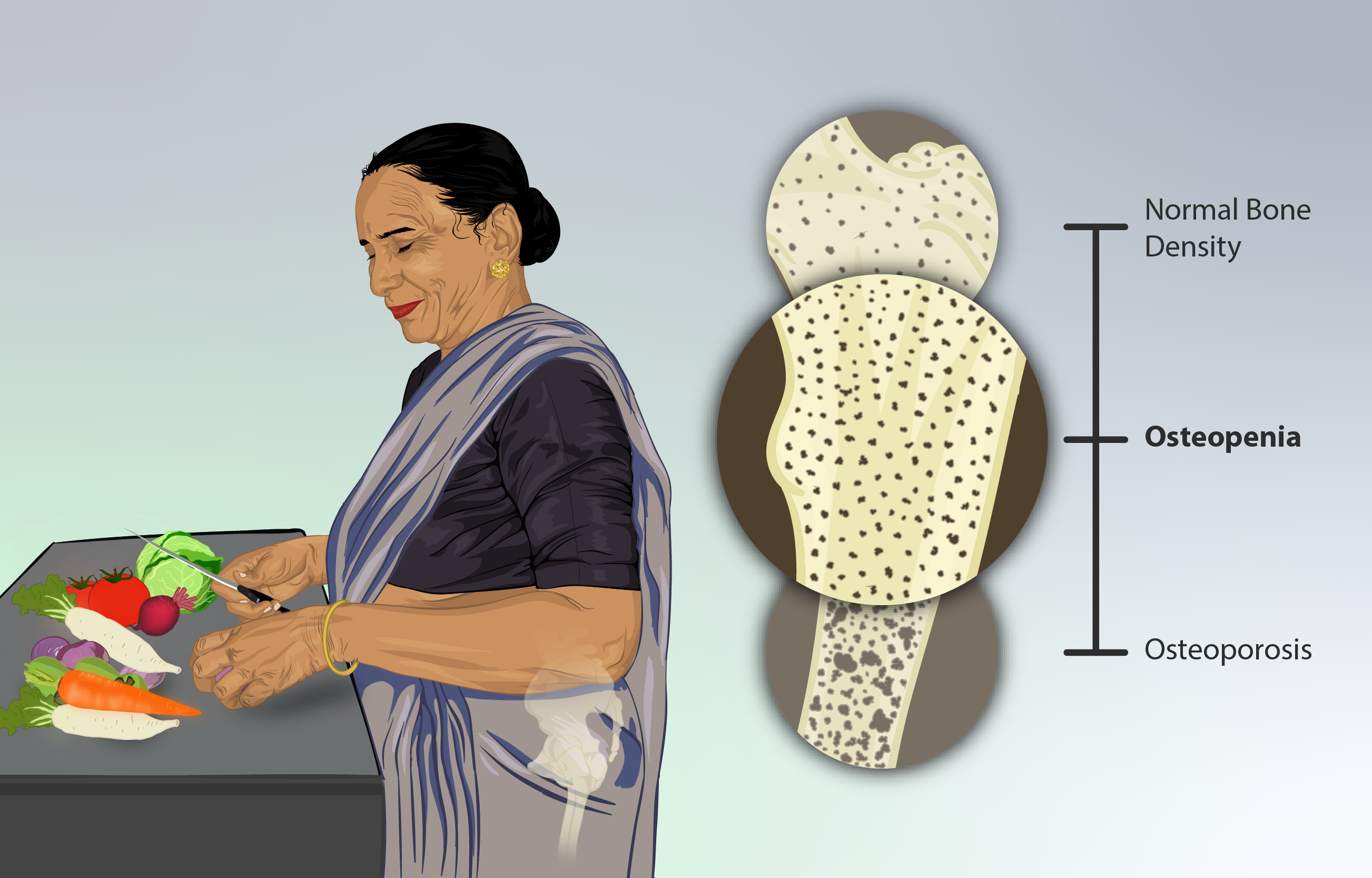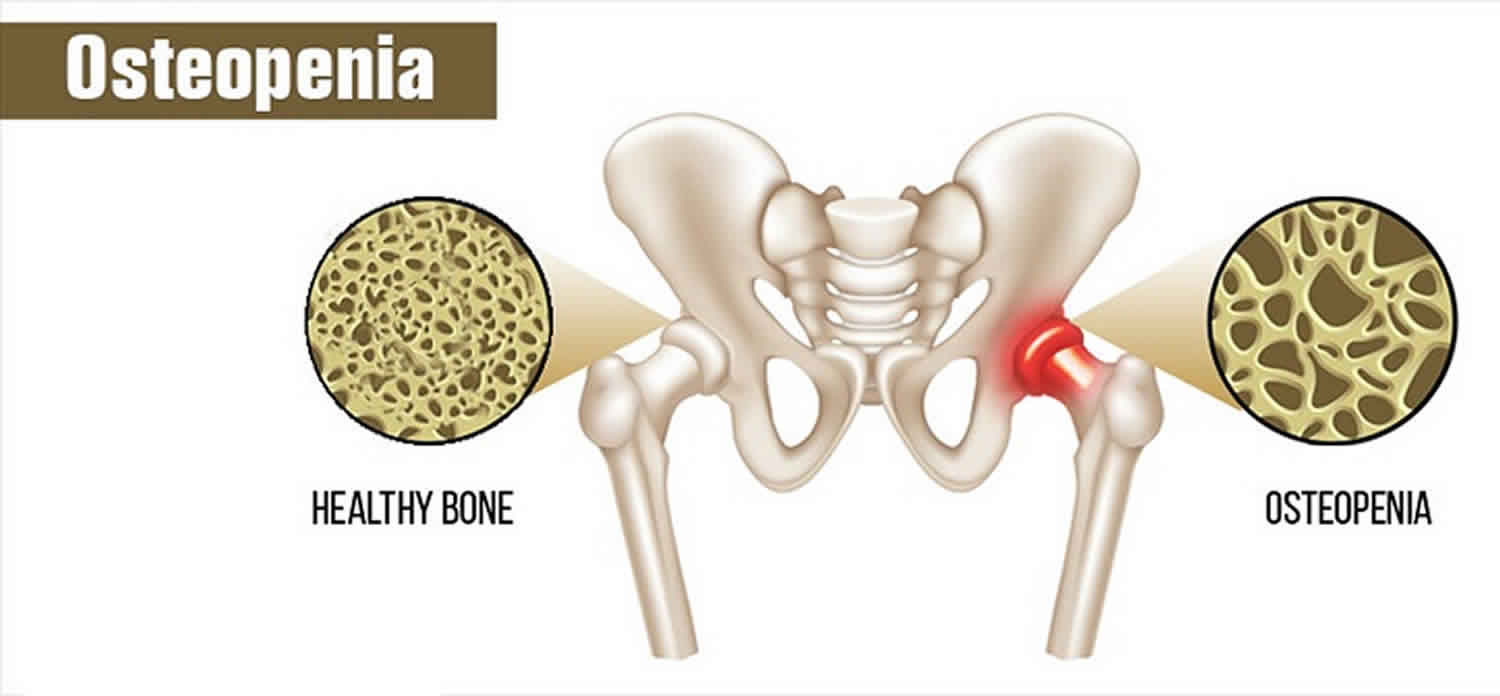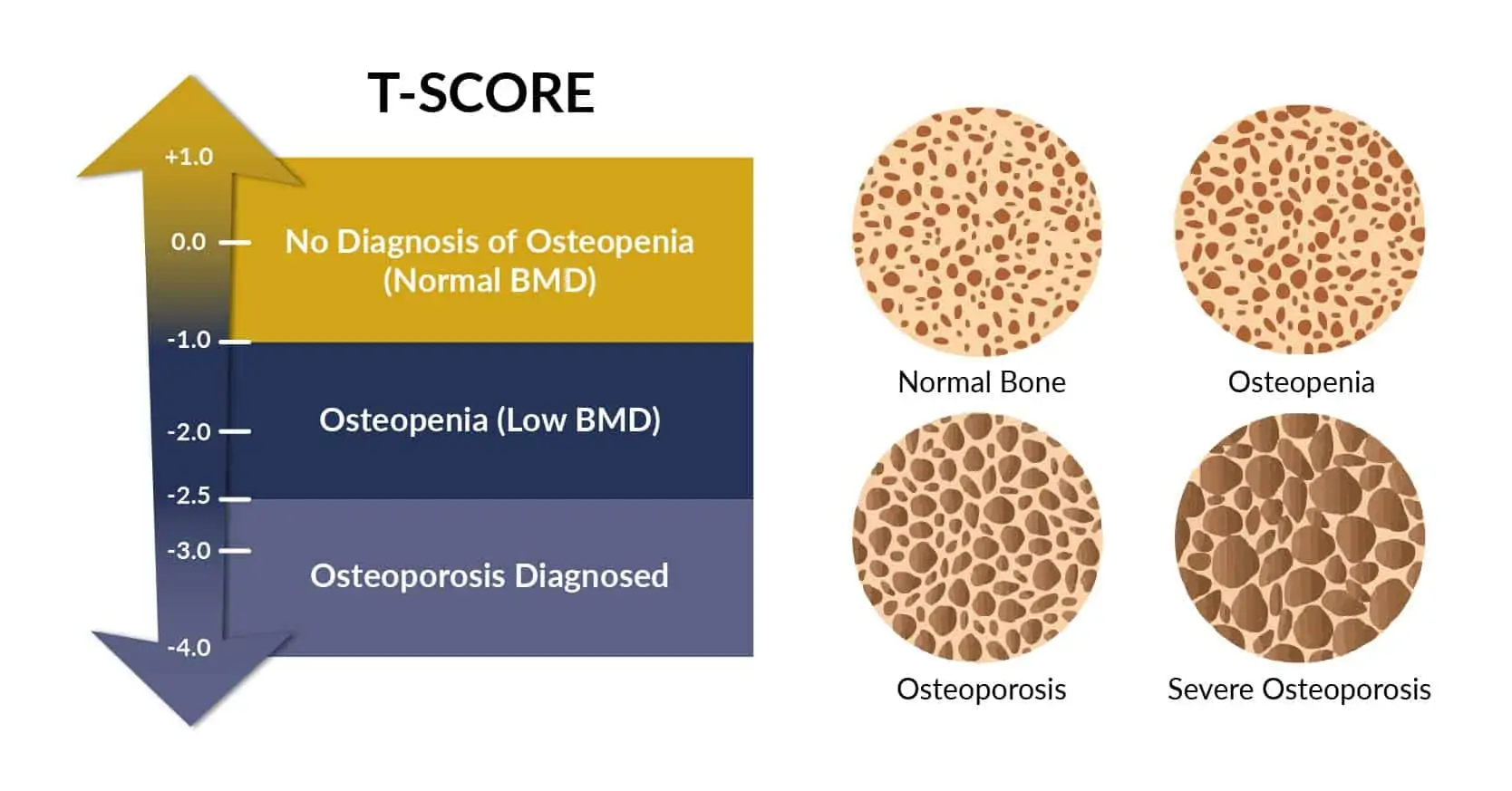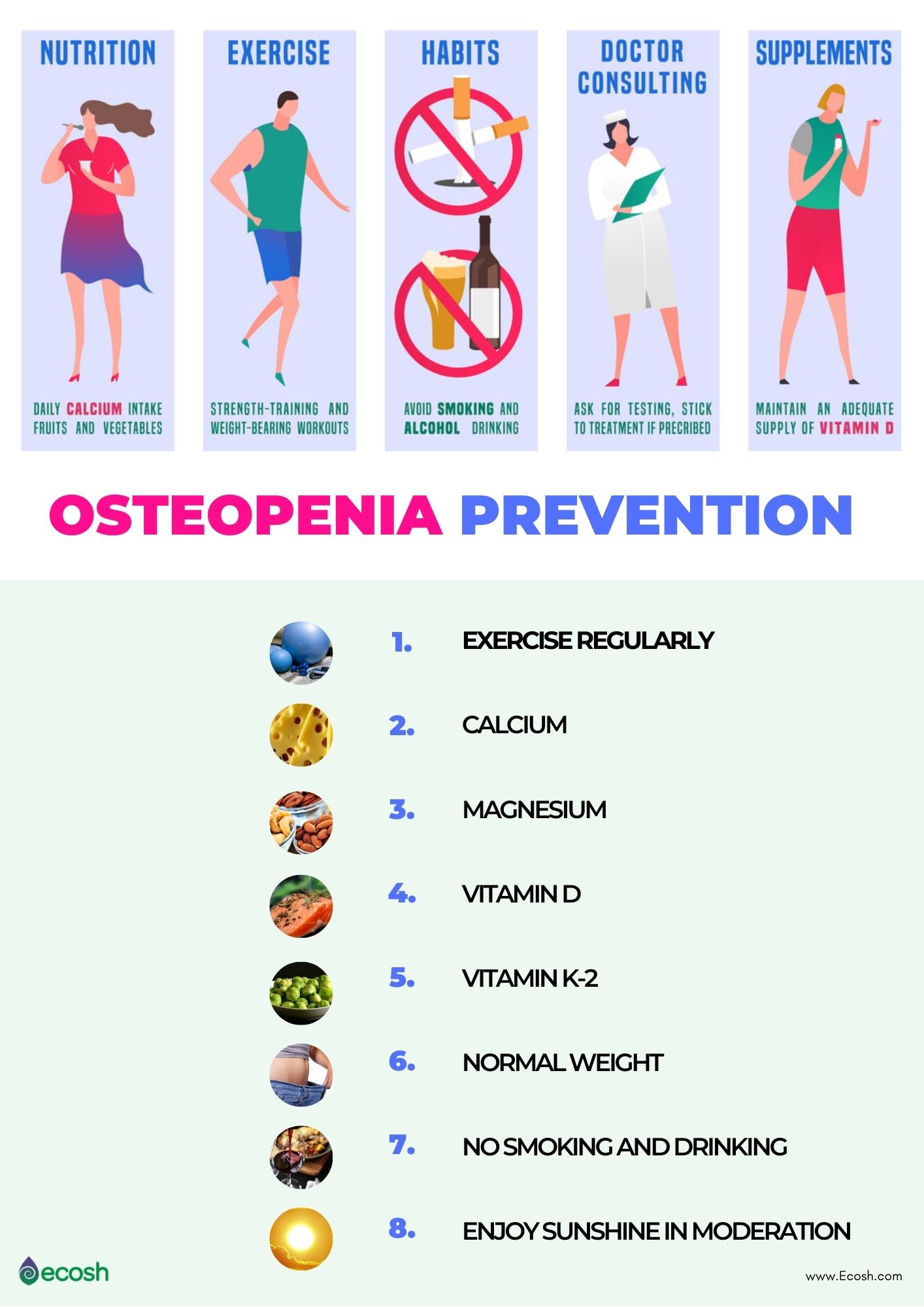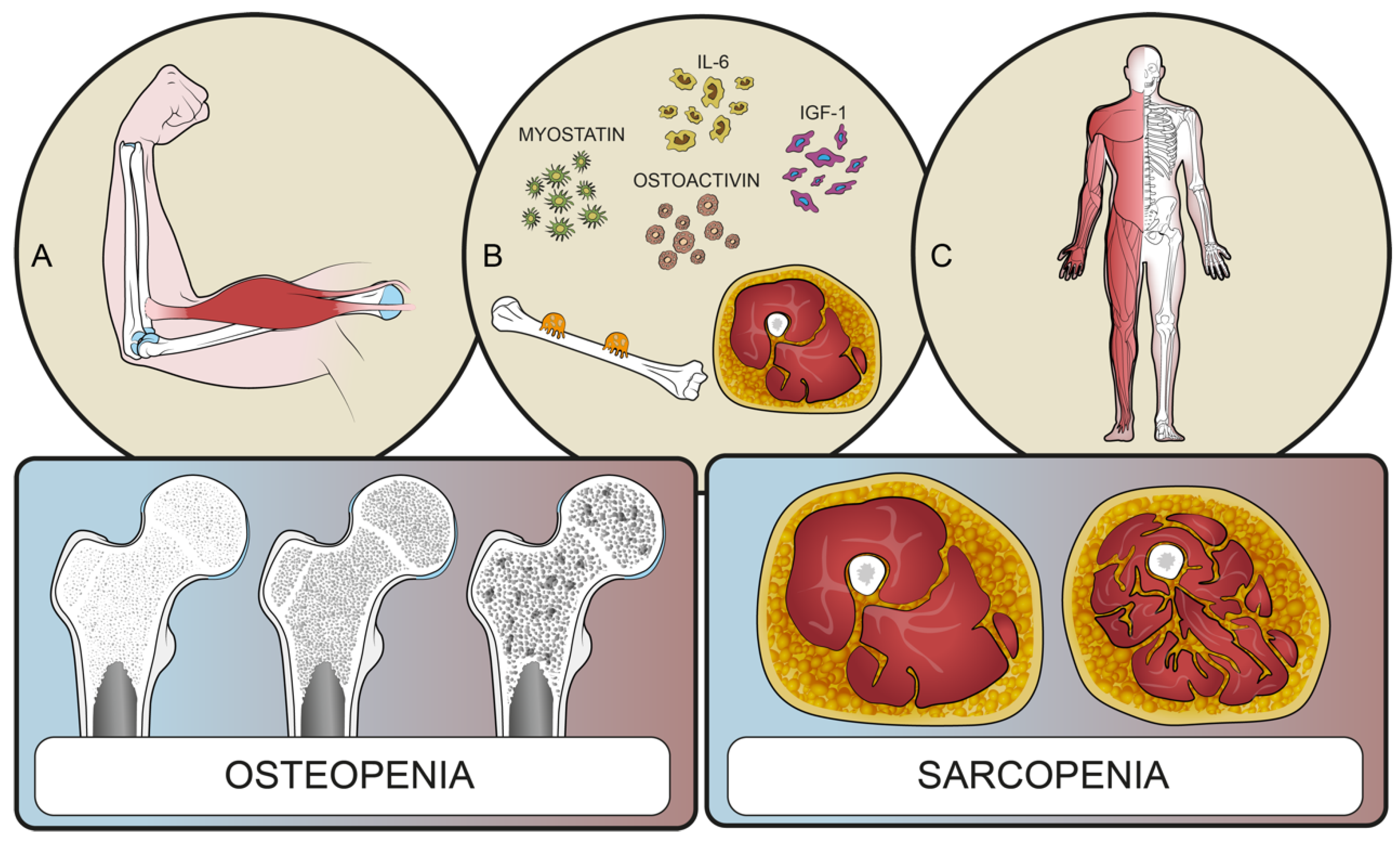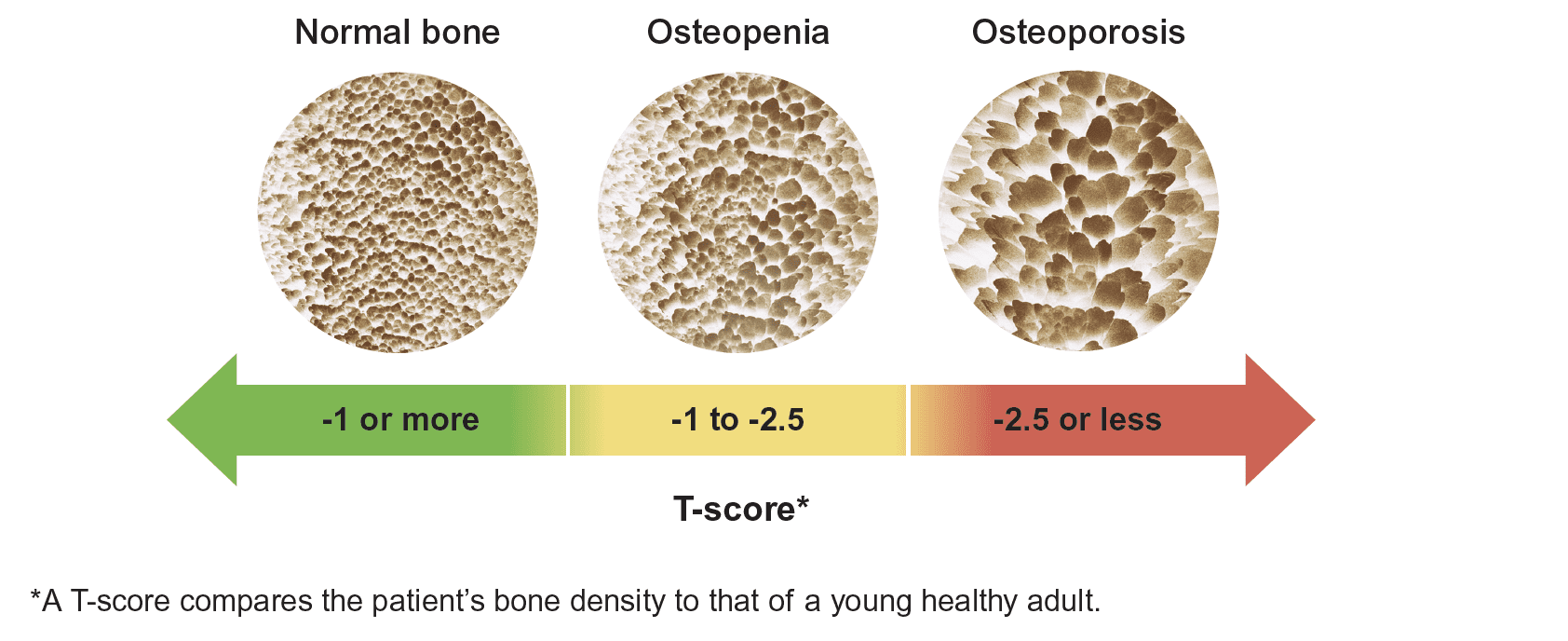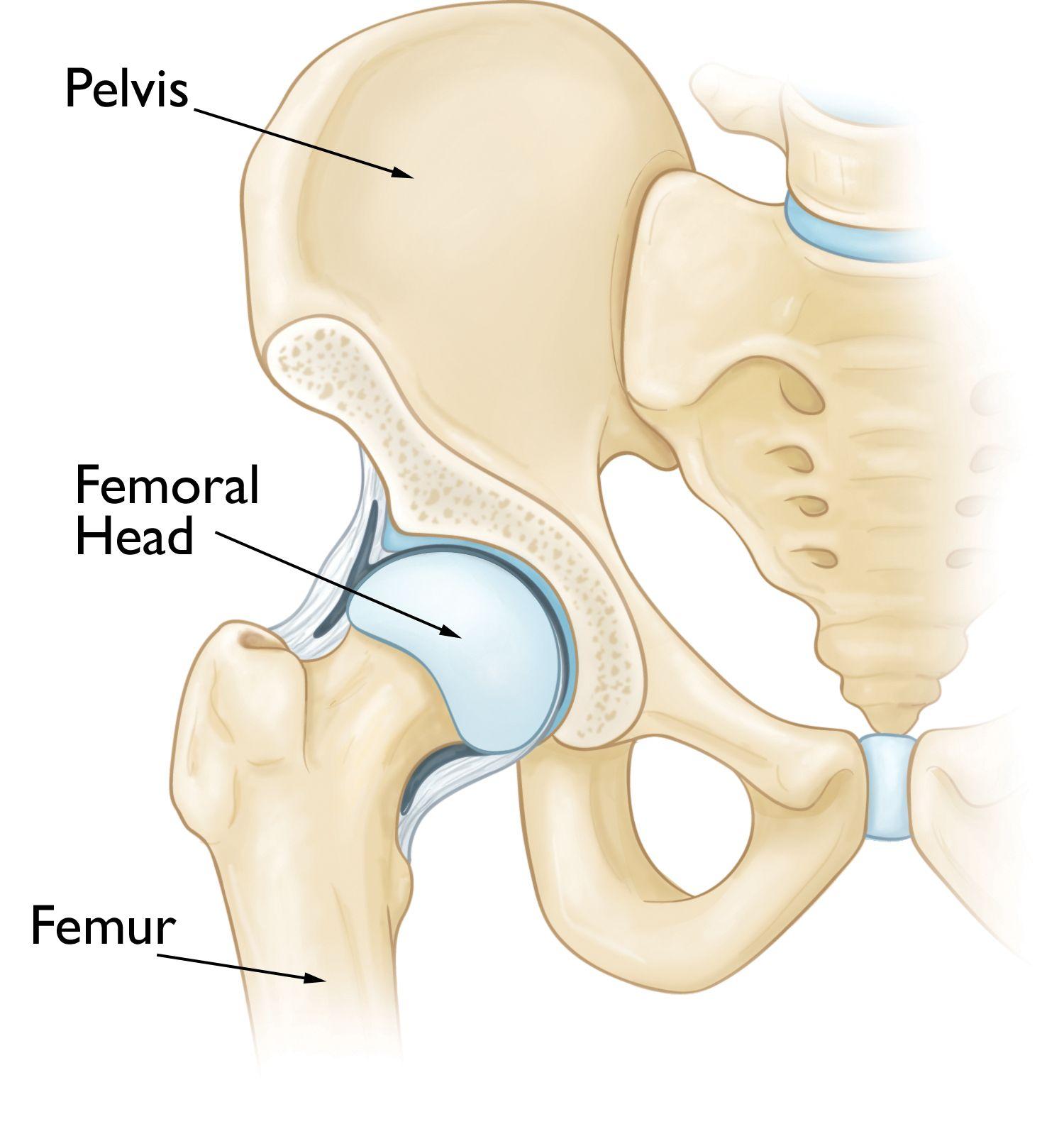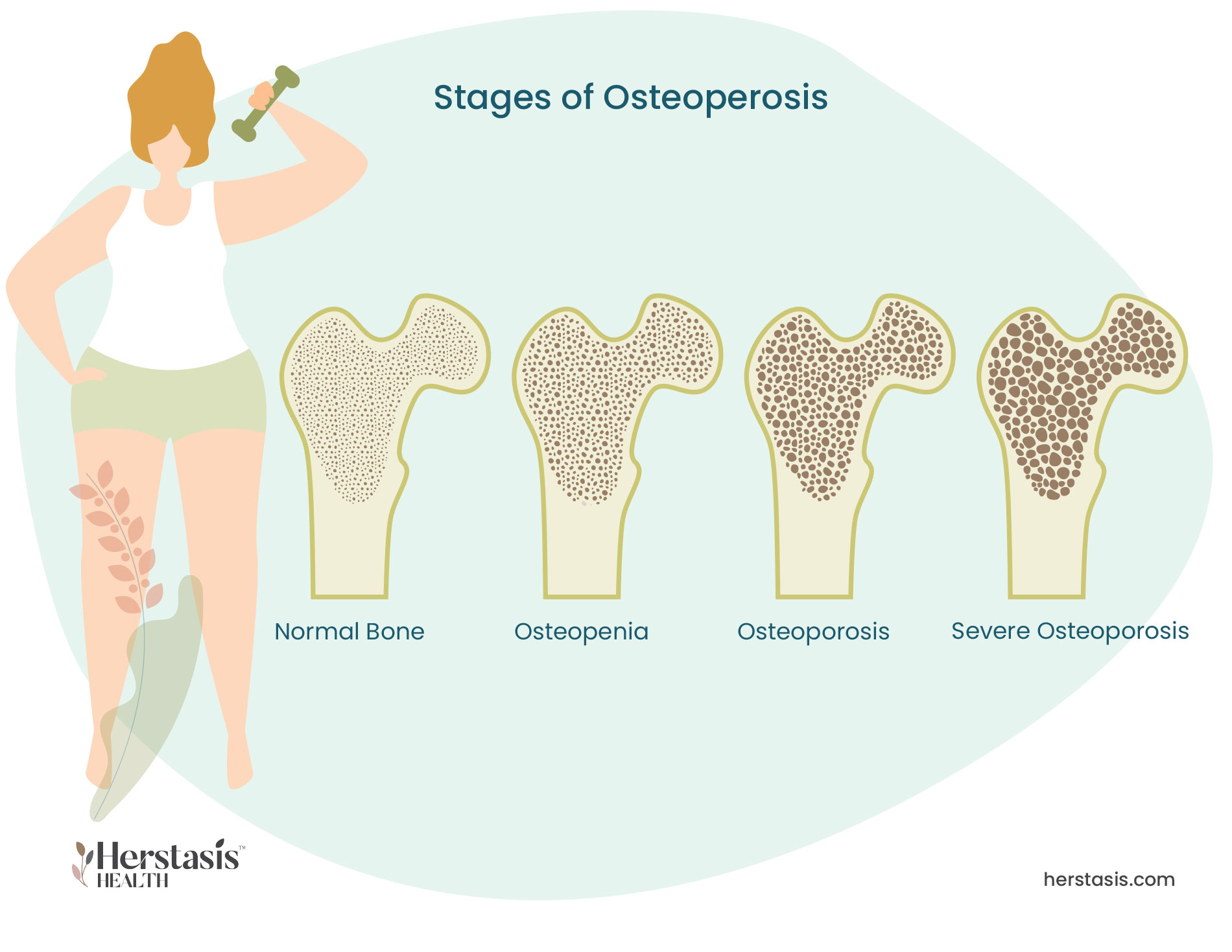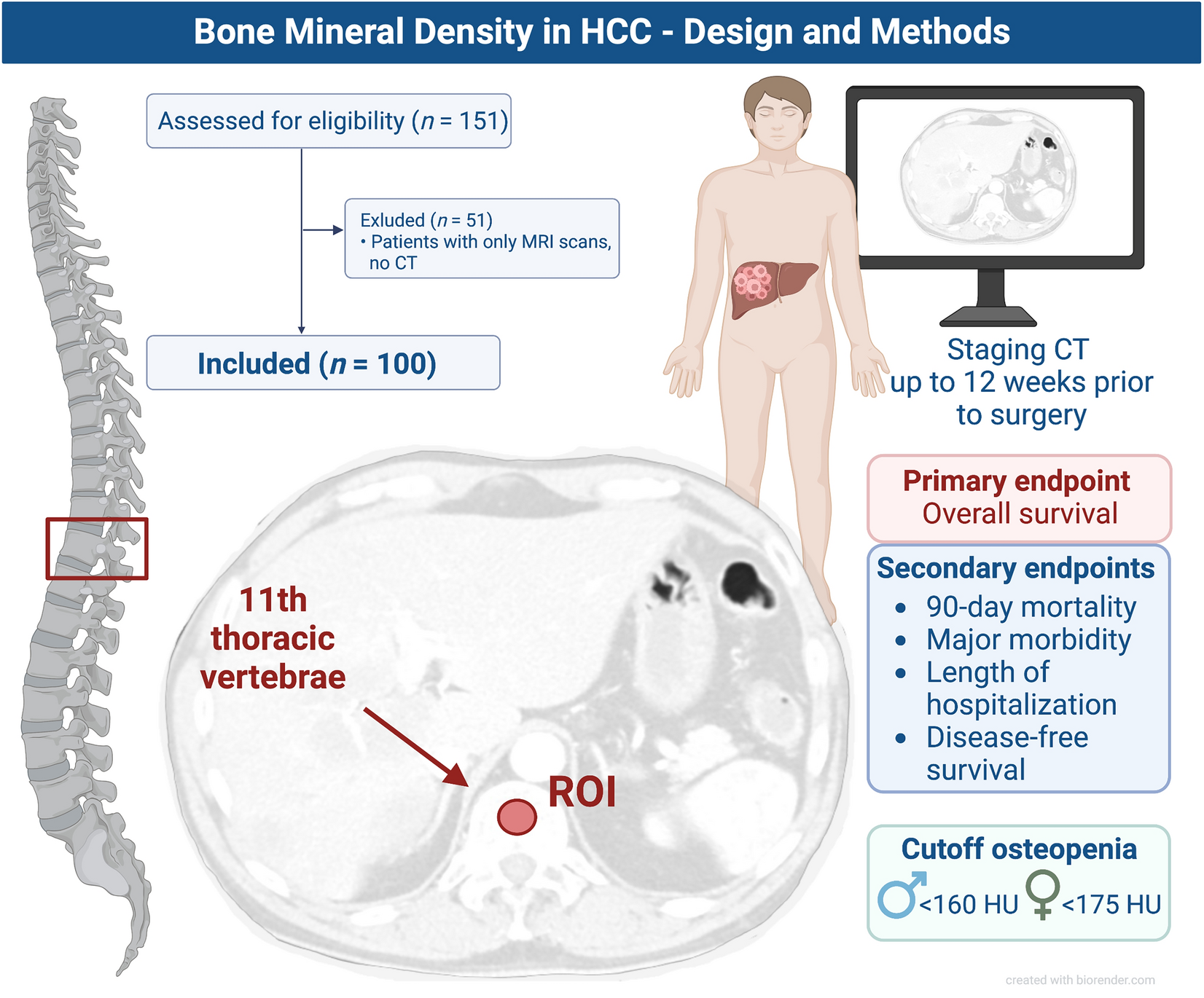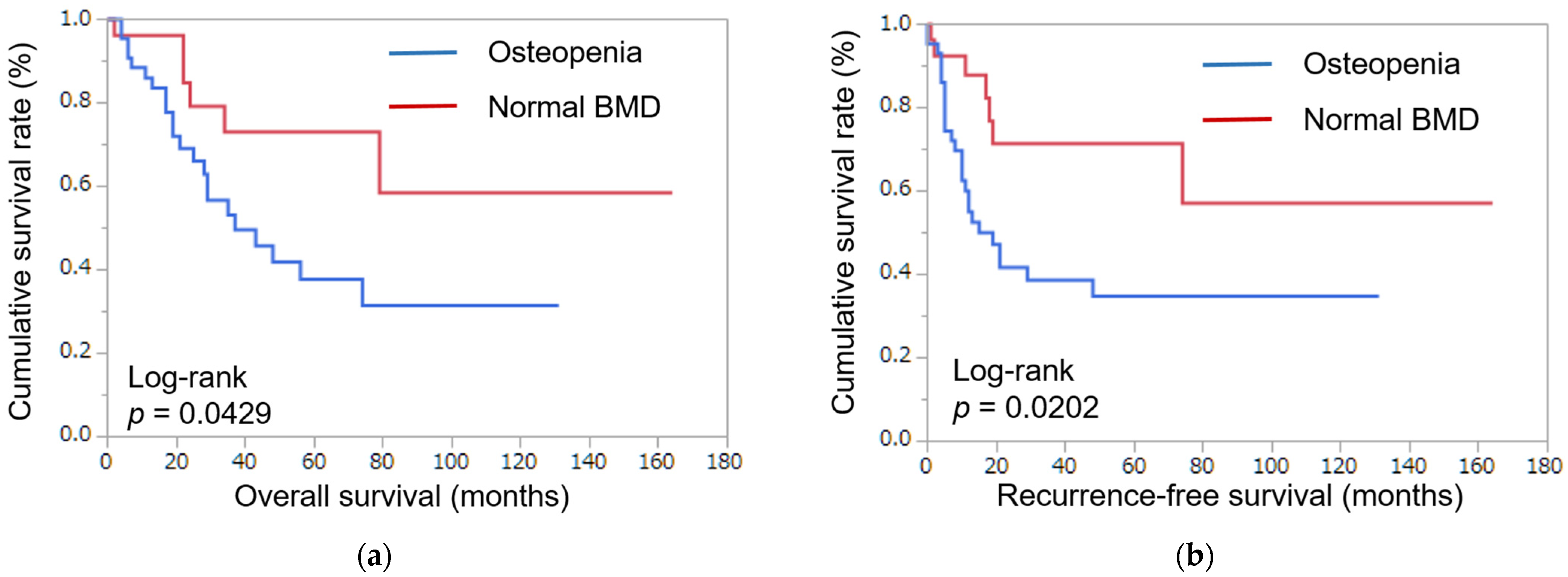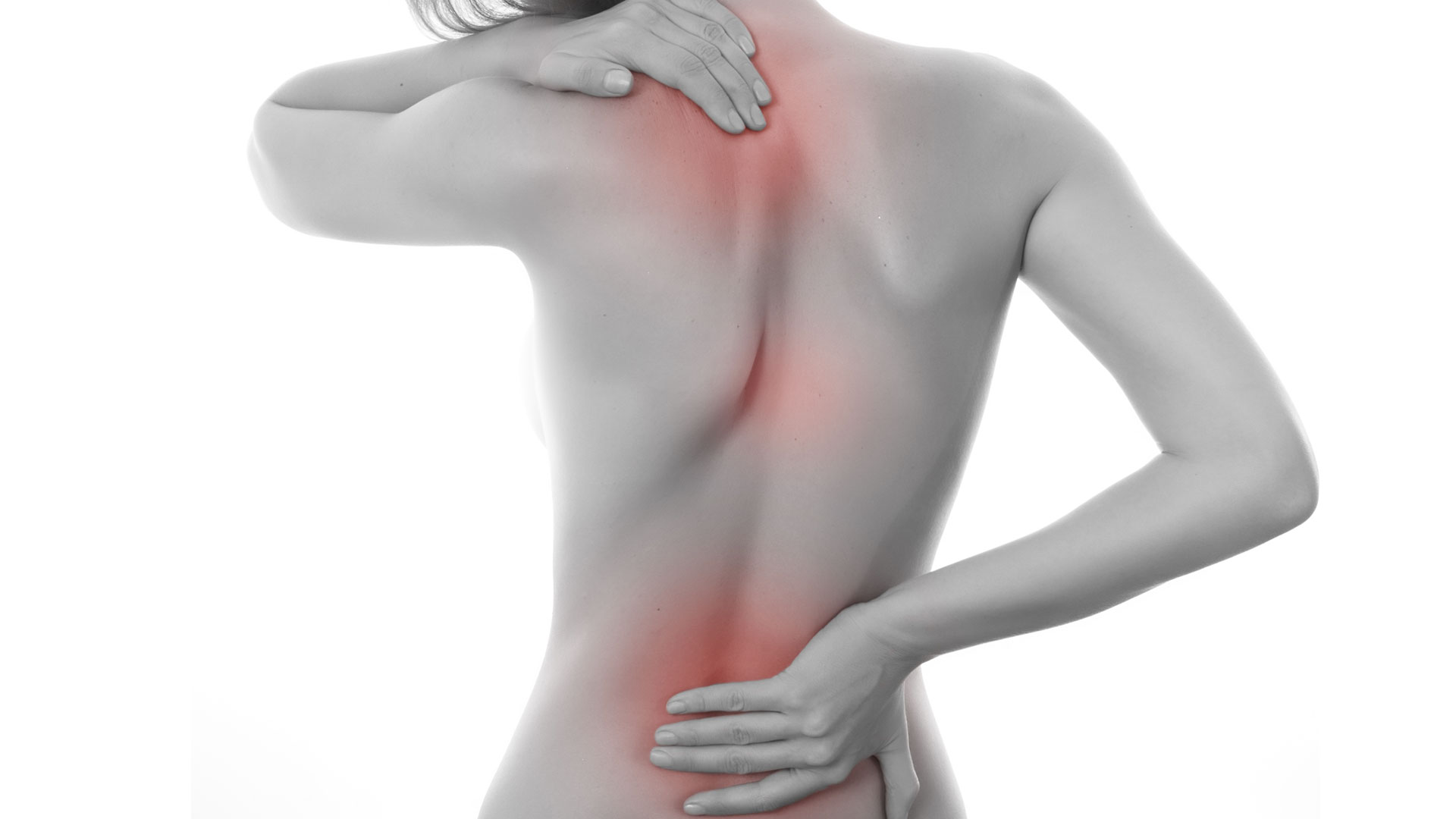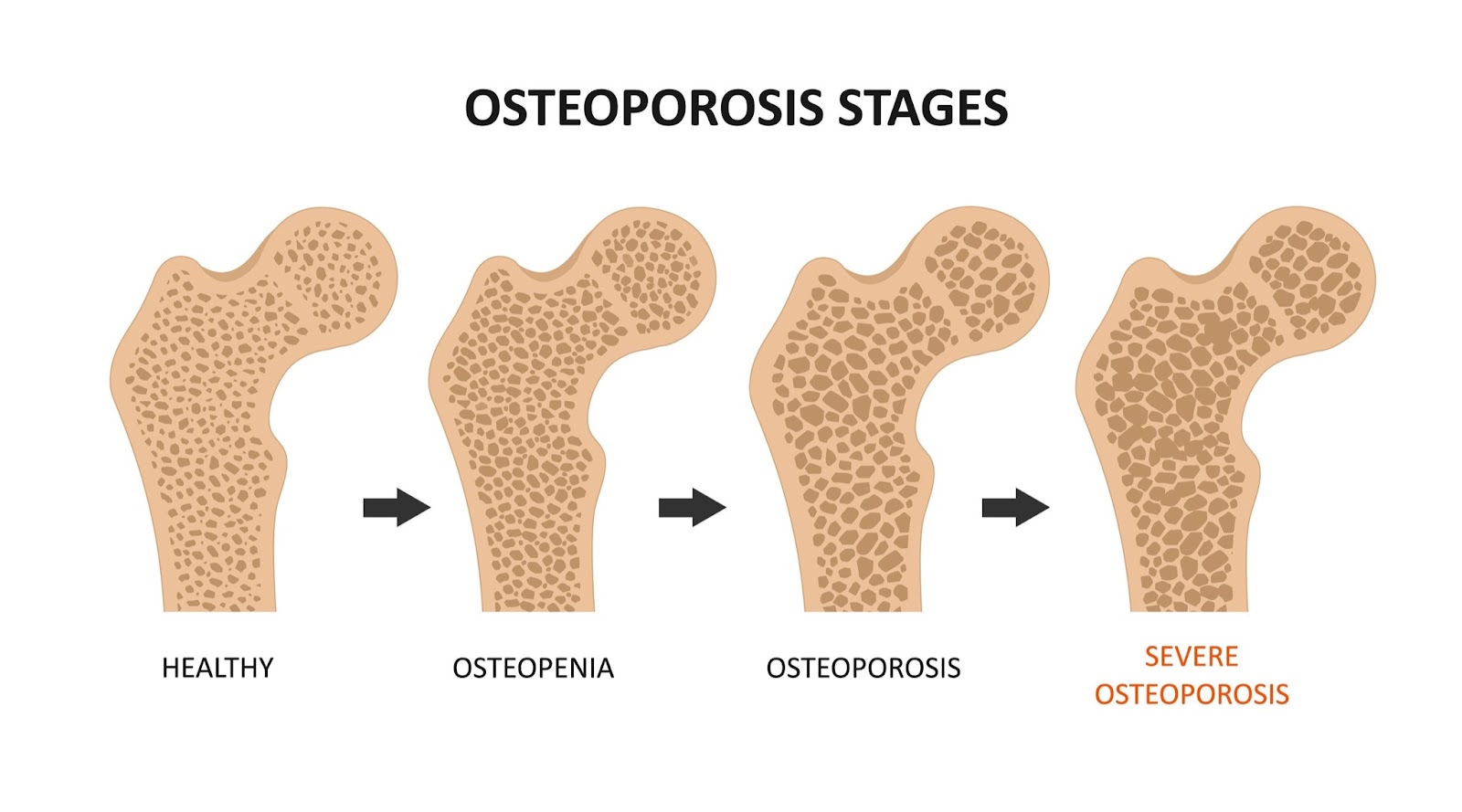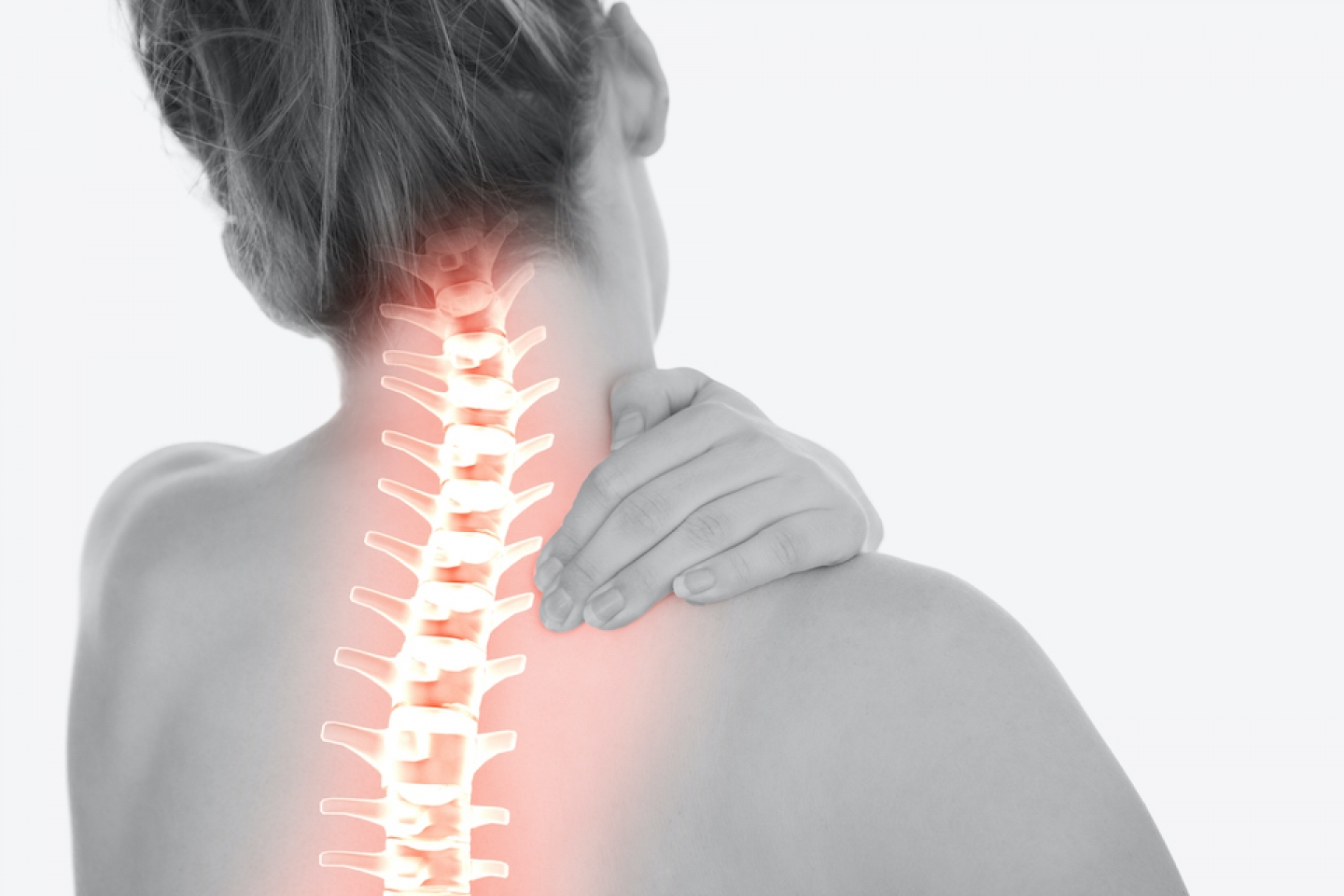
Key facts
- Osteopaenia means bone density that is lower than normal, but not as severe as osteoporosis.
- If you have osteopaenia, your bones are more fragile and more likely to break from minor accidents.
- Bone density gets lower with age and falling hormone levels, and can also be affected by lifestyle factors, health conditions and medicines.
- You can find out if you have osteopaenia by having a bone density scan.
- To keep your bones healthy, make sure to get enough calcium, vitamin D and weight-bearing exercise.
What is osteopaenia?
Osteopaenia (sometimes spelled osteopenia) is the medical name for bone density that is lower than normal, but not as severe as osteoporosis.
If you have low bone density, your bones are more fragile, so it can be easier for you to break a bone if you have an accident.
If you have osteopaenia, your bones won’t be as fragile as in osteoporosis. However, it is an early warning sign that you should be taking action to reduce your risk of developing osteoporosis or breaking a bone in the future.
Why might I have osteopaenia?
Most people find their bone density decreases as they get older.
Females are more likely to have low bone density after menopause. The hormone oestrogen helps keep your bones strong. When oestrogen levels decline after menopause, your bones may become weaker. Females who go through menopause early are at higher risk.
For males, a low level of the hormone testosterone can be a risk factor.
Osteopaenia runs in families. Tell your doctor if someone in your family has been diagnosed with osteoporosis, or has broken a bone after a knock or a minor fall.
Lifestyle factors that can put you at risk of osteopaenia include:
- not getting enough calcium or vitamin D
- being obese or underweight
- not getting enough exercise or excessive exercise
- smoking
- drinking large amounts of alcohol
Other causes of osteopaenia include:
- health conditions that affect how you absorb food, such as coeliac disease and inflammatory bowel disease
- cystic fibrosis
- chronic health conditions such as diabetes, rheumatoid arthritis, liver disease and kidney disease
- some medicines, such as steroids (if you take them long term)
- some treatments for breast cancer or prostate cancer
- eating disorders
What symptoms might I have?
Osteopaenia doesn’t cause any symptoms. You might only find out that you have it if you break a bone. This could happen after a small accident, like a knock or a slip.
How is osteopaenia diagnosed?
You can talk to your doctor about your risk of developing osteopaenia.
If your doctor thinks that you are at risk, you might be sent for a bone density scan. This test measures the level of minerals in your bones. You will probably have scans taken of your hips and spine.
The results will compare your bone density to that of young, healthy people. This will show if you have normal bone density, osteopaenia or osteoporosis.
If you have a bone density test, you should ask your doctor whether you are eligible for a Medicare rebate. You may be eligible if you are over 70, if you have certain health conditions or if you have had a fracture from a minor accident.
How is osteopaenia treated?
There are 3 important things you can do to treat osteopaenia:
- Include enough calcium in your diet. Try eating dairy foods, tinned salmon or sardines (with the bones), broccoli, almonds and other foods rich in calcium. Depending on your age, 3 to 4 serves a day should give you the amount of calcium that you need.
- Get enough vitamin D by spending time in the sun each day (but make sure you protect yourself against sunburn). How long you need will depend on the season and where you live. Some foods also contain vitamin D.
- Stay active with weight-bearing and high-impact exercise, such as brisk walking, jogging, skipping, dancing, aerobics or team sports. Strength training with weights is also important.
If you don’t think you’re getting enough calcium or vitamin D, talk to your doctor about supplements.
Other ways you can improve your osteopaenia include avoiding smoking and cutting down on alcohol, caffeine and salt
If you have osteopaenia, it’s important to monitor your bone density to check that it is not getting worse.
If you have health conditions that put you at risk of falling, a physiotherapist can help you reduce your risk.
